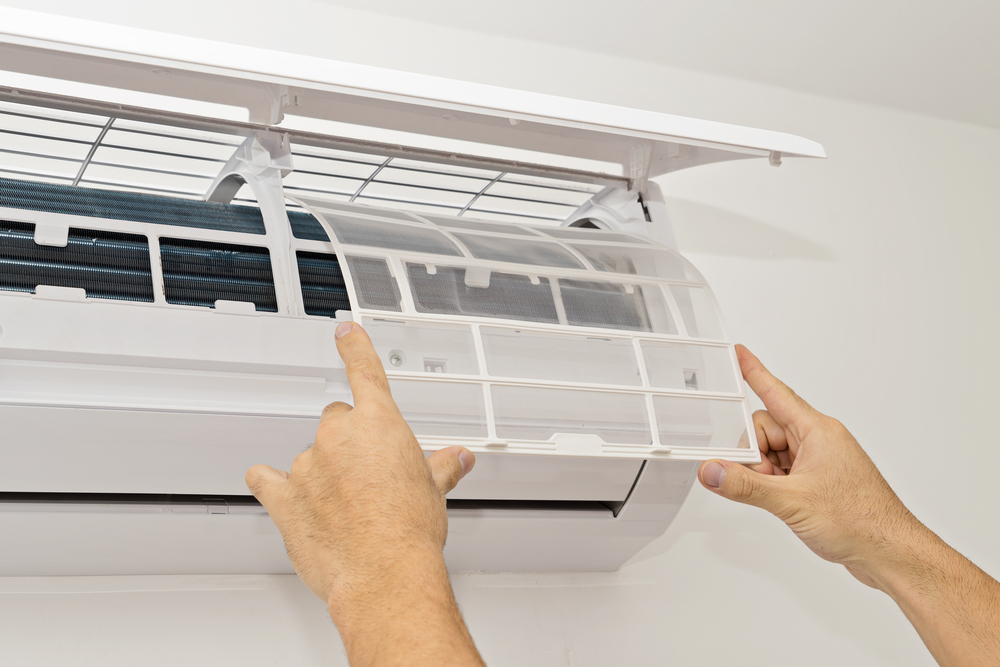Maintenance checklist to extend service life of countertop dish systems
Compact countertop dish systems are a practical solution for apartments, rentals, and small living spaces, offering mobility and reduced footprint. Regular maintenance can significantly extend their service life, improve efficiency, and prevent costly repairs. This article outlines a clear, appliance-focused checklist to keep compact units running reliably and quietly.

Countertop considerations
Countertop and compact dish systems differ from built-in models in size, water connection, and ventilation. When selecting a location in an apartment or rental, prioritize a level surface and easy access to the sink for filling or drain hose connection. Check weight limits for cabinetry or counters if you plan to install on a shelf. Ensure there is adequate clearance around the unit to allow airflow and to reduce heat buildup, which can affect internal components and shorten service life. Consider mobility: units that are moved frequently need extra inspection points for hose and plug wear.
Installation and mobility
Correct installation reduces leaks, electrical faults, and premature parts failure. For countertop units that require a water feed or drain hose, confirm that connections are secure and free of kinks. Use supplied adapters and avoid improvised fittings; if you hire local services for installation, ask about routing options that minimize strain on hoses. Mobility matters for renters: when moving the appliance, disconnect water and power, transport it upright where possible, and inspect seals and mounting clips after reinstallation to prevent malfunctions.
Noise and placement
Noise levels can indicate mechanical or balance issues. Place the unit on a stable, vibration-dampening surface to reduce rattle and undue stress on internal components. If you notice new or unusual noise during cycles, check for loose racks, utensils, or foreign objects and adjust the leveling feet. Persistent loud motor or pump sounds can signal wear on bearings or impellers — addressing these early prevents escalation and extends service life. For apartment living, keep noise in mind when choosing cycle times and locations to avoid disturbing neighbors.
Maintenance routines
A consistent maintenance routine keeps compact systems efficient. Weekly: remove food scraps and run a quick rinse cycle with an empty dishwasher to clear debris. Monthly: clean the filter, spray arms, and door seals using a soft brush and mild detergent; inspect hoses for cracks or soft spots. Quarterly: check inlet screens and replace worn gaskets. Annual: examine electrical cord and plug for damage, and consider professional servicing if you detect leaks, persistent odors, or declining performance. Documenting maintenance dates helps track part lifespan.
Efficiency, energy and water use
Efficiency affects both operating cost and long-term durability. Use eco or energy-saving cycles when appropriate; full loads maximize water and energy efficiency but avoid overloading which stresses racks and hinges. Consider water softening options if your area has hard water—mineral buildup shortens pump life and clogs spray jets. Keep seal and gasket areas clean to maintain tight door closure and prevent water loss. Proper detergent choice and cycle selection combine to reduce repeat cycles and wear on mechanical parts.
Detergent, cycles and parts care
Selecting the right detergent and cycle reduces residue and mechanical strain. Use detergents recommended by the manufacturer and avoid excess amounts; too much detergent leaves deposits and can clog filters. Match cycles to soil level—short cycles save energy and reduce wear for lightly soiled loads, while heavy cycles should be reserved for genuinely dirty items. Inspect and clean spray arms and filters after heavy use. Replace consumables like filters, gaskets, and hoses according to manufacturer intervals or sooner if wear appears, as failing these parts accelerates broader damage.
Regular checks for leaks, secure connections, and clean internal components keep countertop dish systems functional and quieter for longer. Attention to installation, sensible loading and cycle choices, and scheduled maintenance will help prevent common failures and extend the appliance’s usable life without major interventions.






